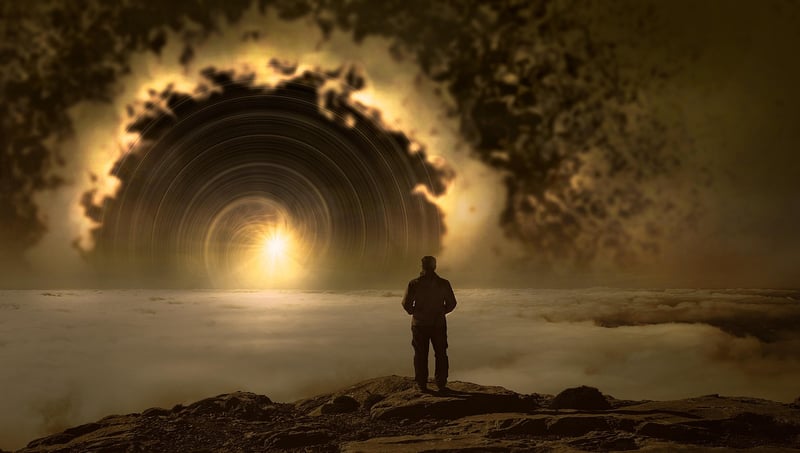Black Hole Studies
The Fascinating World of Astronomical Phenomena and Black Hole Studies
Exploring the vast expanse of our universe has always captivated the human mind. From the dazzling beauty of distant galaxies to the mysterious depths of black holes, astronomical phenomena continue to intrigue scientists and stargazers alike.
1. The Enigmatic Black Holes

At the heart of many galaxies lie black holes, regions where gravity is so intense that nothing, not even light, can escape. These cosmic entities challenge our understanding of physics and the very fabric of spacetime.
Studying Black Holes
Scientists use various methods like X-ray observations, gravitational wave detections, and computer simulations to study black holes. By analyzing their impact on surrounding matter and space, researchers uncover secrets about these enigmatic phenomena.
2. Supernovae Explosions

Supernovae, the explosive deaths of massive stars, shine brighter than entire galaxies for a brief period. These cataclysmic events forge elements essential for life and shape the evolution of galaxies.
Understanding Supernovae
Studying supernovae helps astronomers comprehend the life cycle of stars, the distribution of elements in the universe, and the mechanisms behind these awe-inspiring explosions.
3. Exoplanet Discoveries

With advancements in technology, astronomers have detected thousands of exoplanets orbiting distant stars. These alien worlds offer a glimpse into the diversity of planetary systems beyond our solar system.
Exploring Exoplanets
By studying exoplanets' atmospheres, compositions, and orbits, scientists search for signs of habitability and potential extraterrestrial life, expanding our understanding of the cosmos.
From black holes to supernovae and exoplanets, the study of astronomical phenomena unveils the wonders and complexities of the universe, pushing the boundaries of human knowledge and imagination.
Keep looking up at the night sky, for it holds countless mysteries waiting to be discovered.
